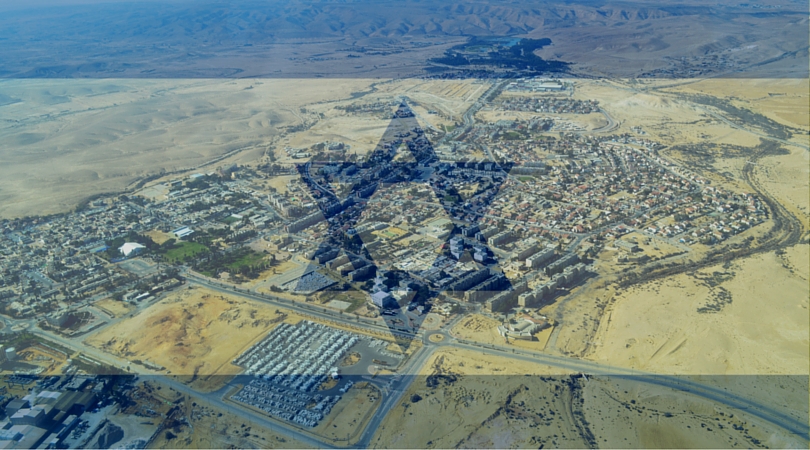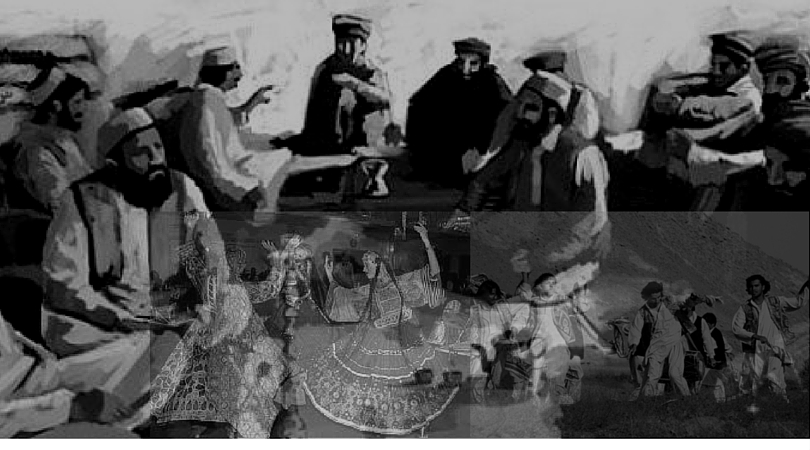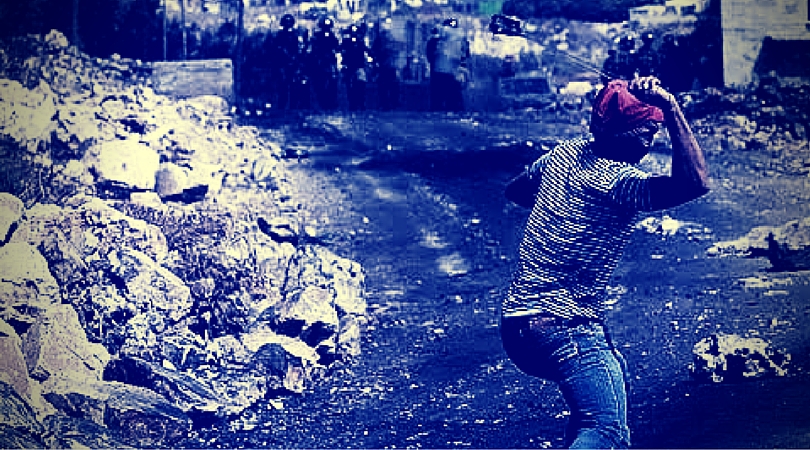“Israel is coming back to Africa; Africa is coming back to Israel,” Dore Gold said, quoting the Prime Minister Netanyahu during a recent launch of the Knesset’s new Africa Caucus. Gold said his words to a visiting delegation of African Muslim leaders from the Republic of South Sudan, Zambia, Cameroon, Kenya, Rwanda and Ethiopia.
The increased awakening of the Israeli government and the populace to the natural ties between Africa and Israel is something of a turbo-charged realization that Israel and Africa share far more in common than Israel does with its counterparts in the Middle East.
These relationships can be traced back to Biblical times when the Kings of Israel had ongoing relationships with the Kings of Egypt, Kush, and what became known as Axum, better known by its modern name Ethiopia. Trade and military partnerships became the norm after the King of Kush sent his army to defend the Judean King Hezekiah from the Assyrians. For whatever reason the Kings of Judah felt far more comfortable in dealing with their African counterparts than their Semitic cousins in the Middle East.
Roman Conquest of Judea sets the beginning of the Slave Trade on the African Continent
When the Romans finally crushed the Judean revolt as well as subsequent Jewish revolts around the Empire, they sold the Judeans into slavery. Judean slaves were sold into Africa and Europe. The Jews that remained in Israel suffered under persecution and physical threats.
The war against Judah morphed into a religious struggle as the Roman Empire adopted Christianity, a small Jewish sect and warped it, cutting it off from its root. The Jewish exile swung into full force and oppression as the Jews that had now been scattered became second class citizens under both Christian Europe and the Islamic Middle East.
Within a short time these two colonial forces borrowing religious motifs from the crushed Judean culture undertook a continuance of their expansion past Israel into the heartland of Africa itself. It is not surprising that expulsions and forced slavery ensued over the centuries in Africa much the same way it began in Israel since the latter was seemingly an extension of the former.
The clear connection between Israel’s suffering and African suffering at the hands of European Christians and Arab Muslims is made that much more powerful by the fact that Israel is actually part of the African continent. The African plate’s Northernmost part ends in Northern Israel and runs along the Jordan River to the South. Looking at Israel in this light makes the Judean expulsion the beginning of Africa’s colonial period.

1948 Reversed the 2000 Year Struggle Against Colonialism in Africa
When Jewish sovereignty returned to the Land of Israel in 1948, it marked the beginning of the end of Western and Middle Eastern colonialism on the African continent. The fact that the country that had been the location of the first Western colony in Africa, marked what would become the beginning of the end of colonial control over the continent. From Kenya to Ghana, Zimbabwe to Tanzania, the colonial powers began to pull back granting freedom to their former holdings across Africa.
With the increased relations between many Sub-Saharan African countries and Israel, there is a quiet realization that something quite natural is in fact taking place. Despite years of Pro-Palestinian rhetoric, Africans are recognizing that they share far more commonality with Jews and Israelis than Palestinians and Arabs. This realization is more than religious, it is borne out of a parallel journey through exile, Western Colonialism, and the fact that faith and determination brought both sides the independence they desired and deserved.
Going Forward
Israel must continue to strengthen its partnership and friendship with like minded African countries. Sub-Saharan African countries provide Israel with more than just friendly business partners, they represent the hope that together former Western colonies can in fact break free of the past and work together to build self sufficient countries that can change the world.
Israel can start do this now by redefining itself as a Semitic African Nation; one that was exiled and has come home. After all, the Torah is clear that while the Patriarchs traveled from Mesopotamia to the Land of Israel, the Nation of Israel was borne out of servitude in Egypt. It was there that it became a Nation and in Sinai where it received its National ethos by way of the Torah.
Ironically speaking, the 21st Century may be defined as the century where the Western World’s former colonies became the World’s next leaders. That would be a profound miracle, but one that may actually happen if Israel’s African shift continues to play out.









 Expressing love for the land of Pashtunkhwa, Ahmad Shah Abdali, the founding father of the modern state of Afghanistan, spoke in his poetry in 1760, “I forget my Delhi throne when I recall the mountain peaks of my beautiful Pashtunkhwa. If I conquer the whole world, even then I can never forget thy beautiful gardens.”
Expressing love for the land of Pashtunkhwa, Ahmad Shah Abdali, the founding father of the modern state of Afghanistan, spoke in his poetry in 1760, “I forget my Delhi throne when I recall the mountain peaks of my beautiful Pashtunkhwa. If I conquer the whole world, even then I can never forget thy beautiful gardens.”

